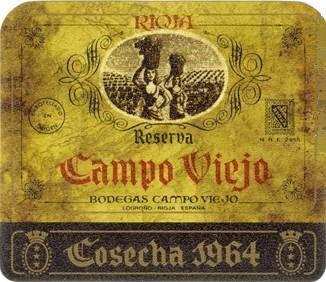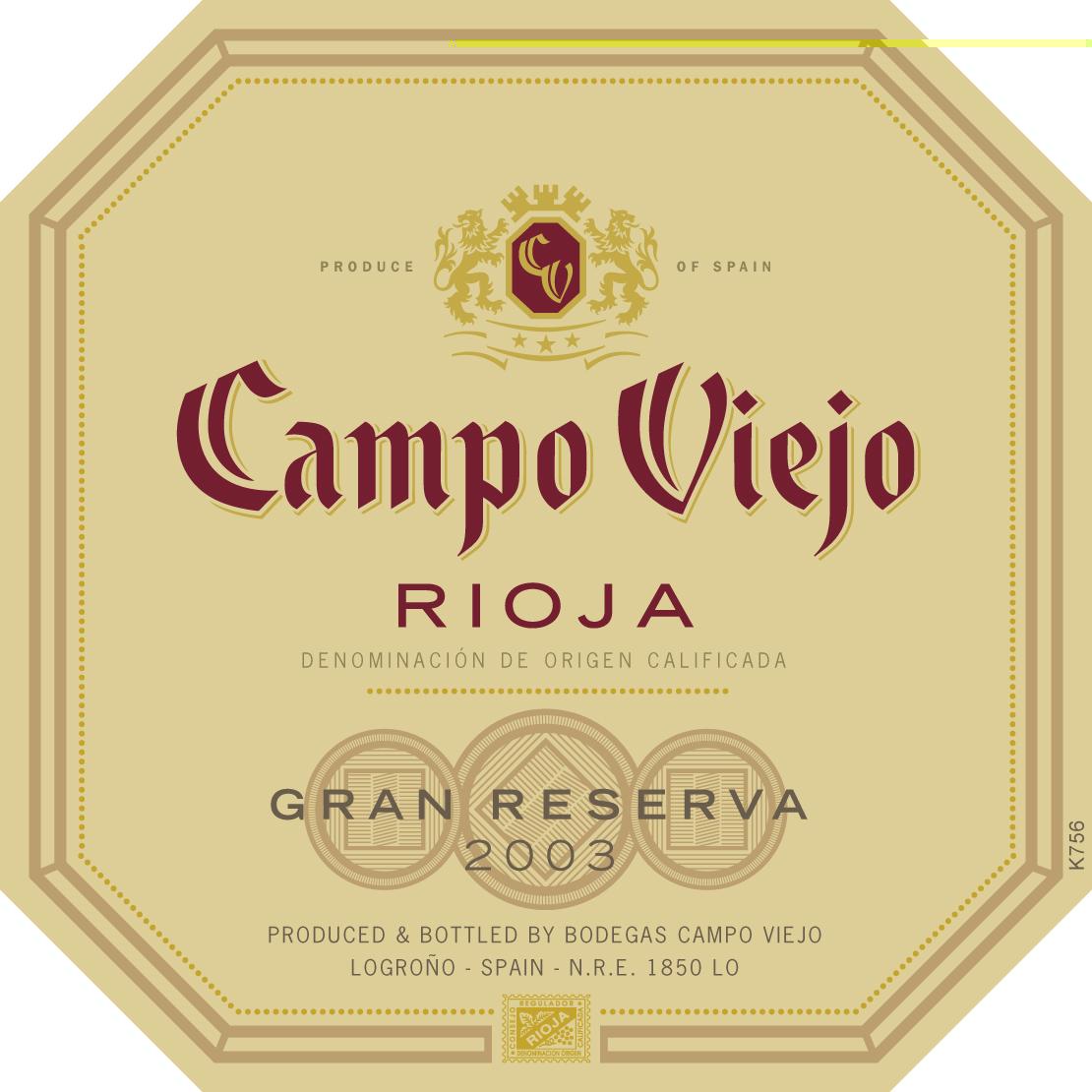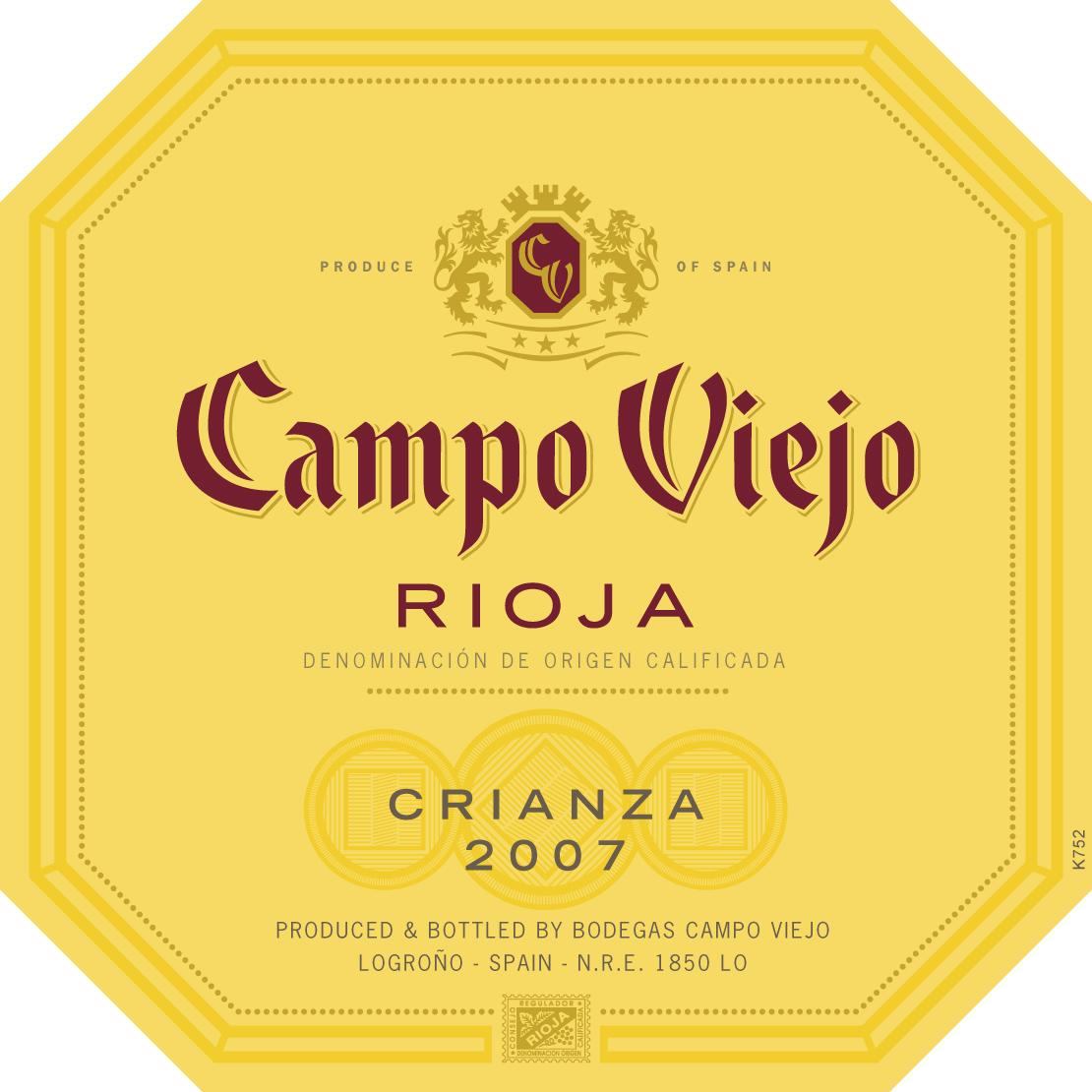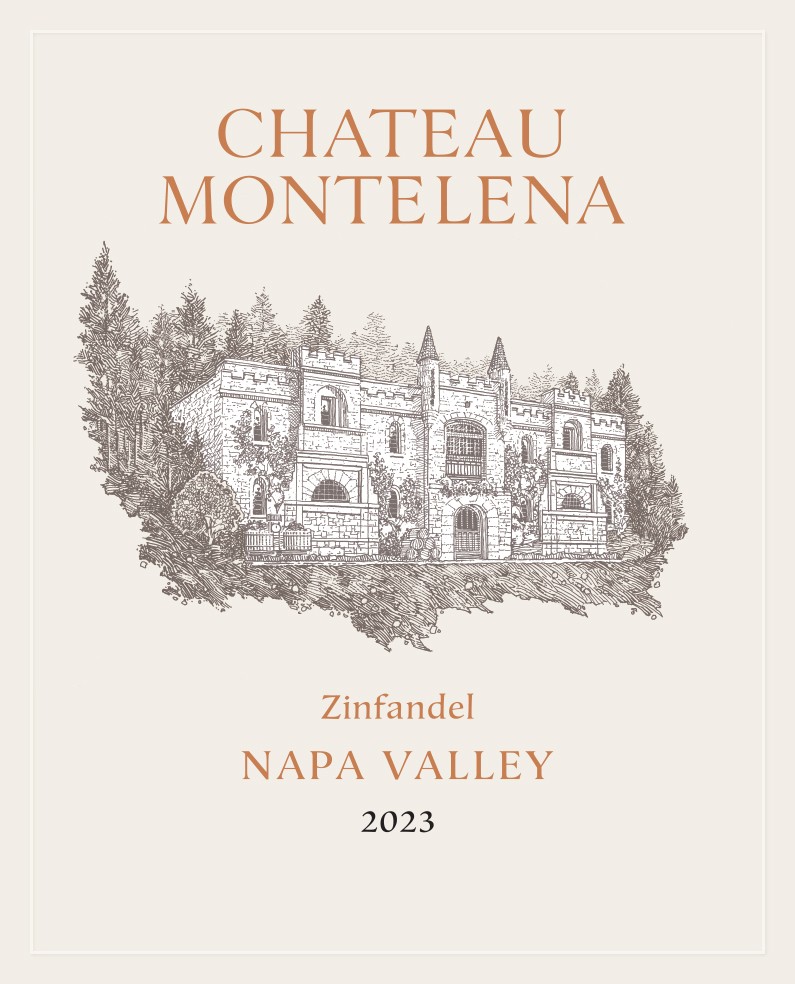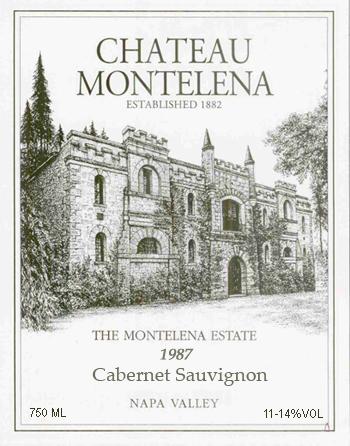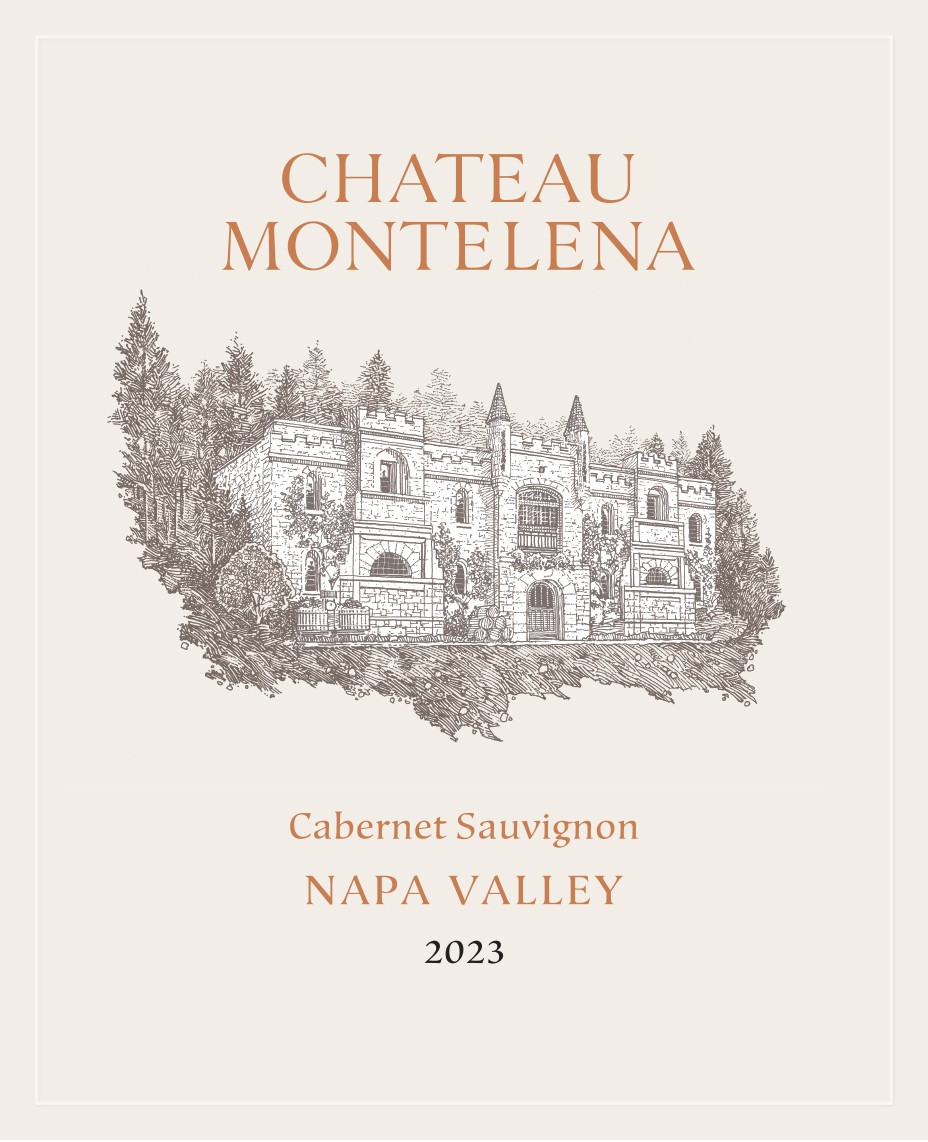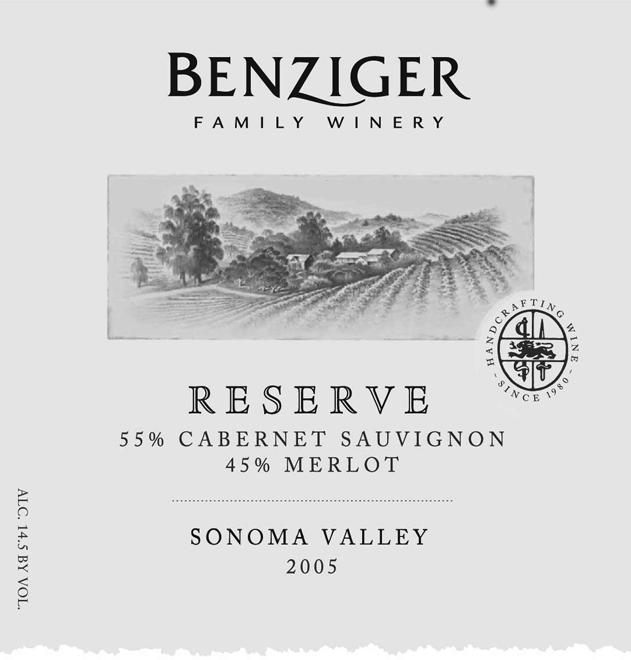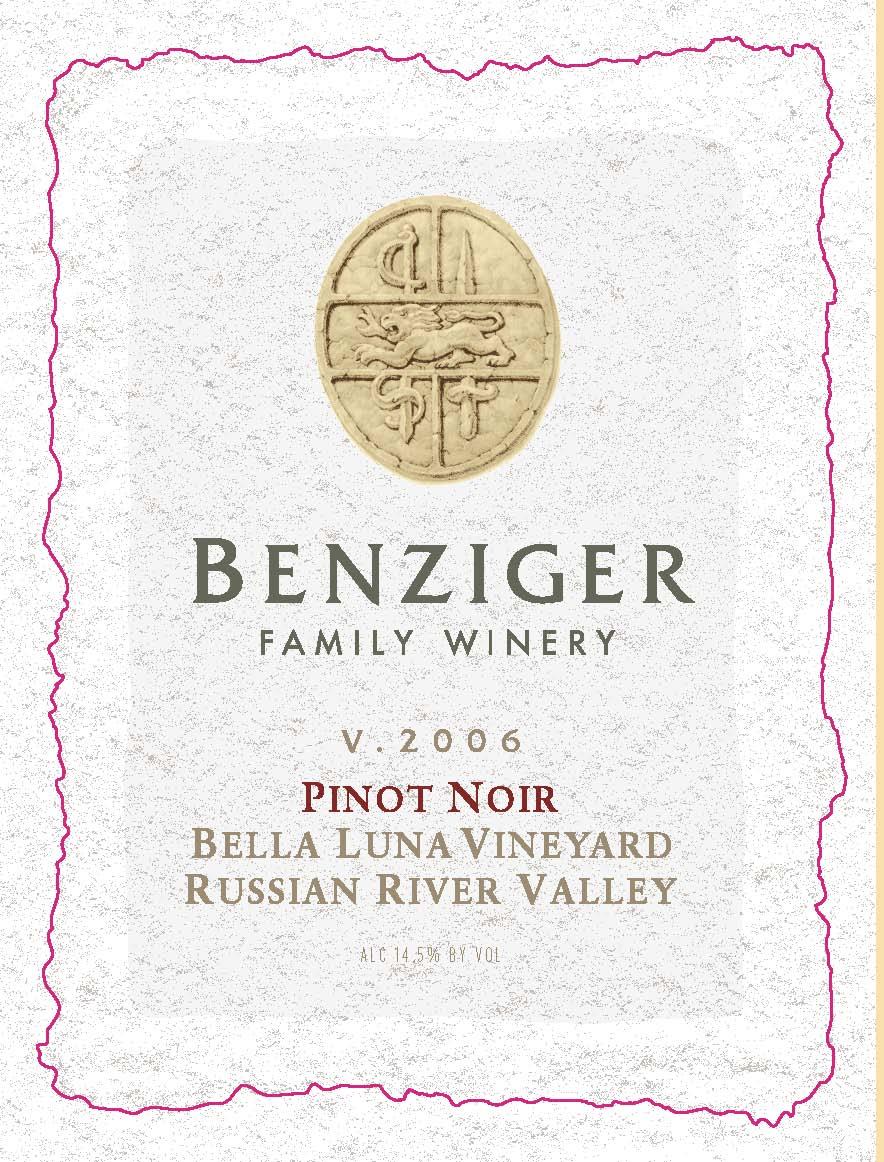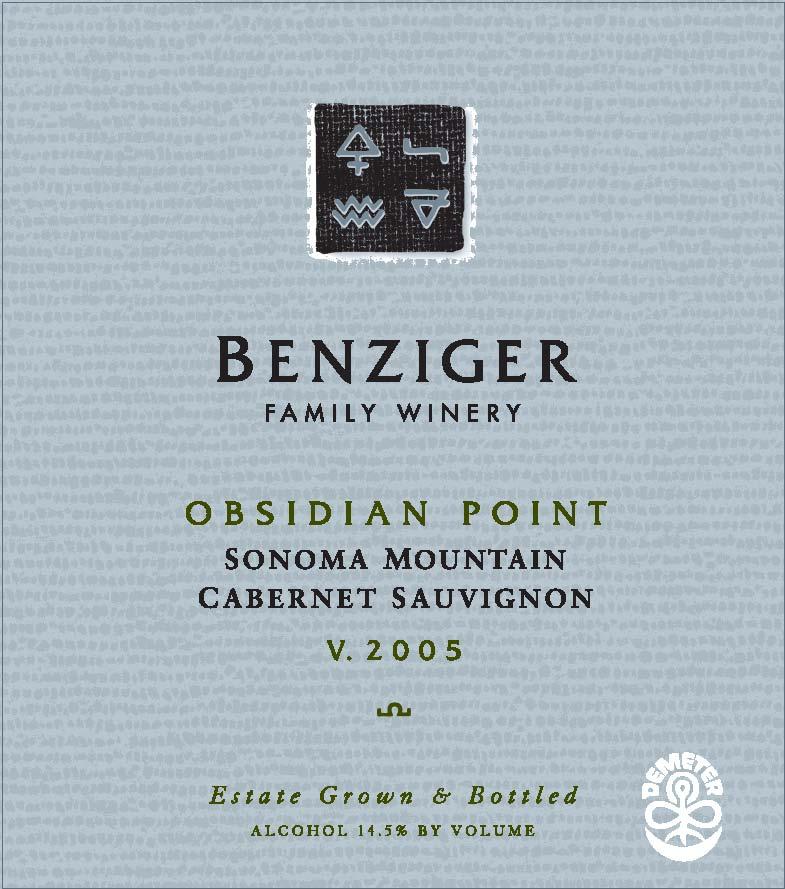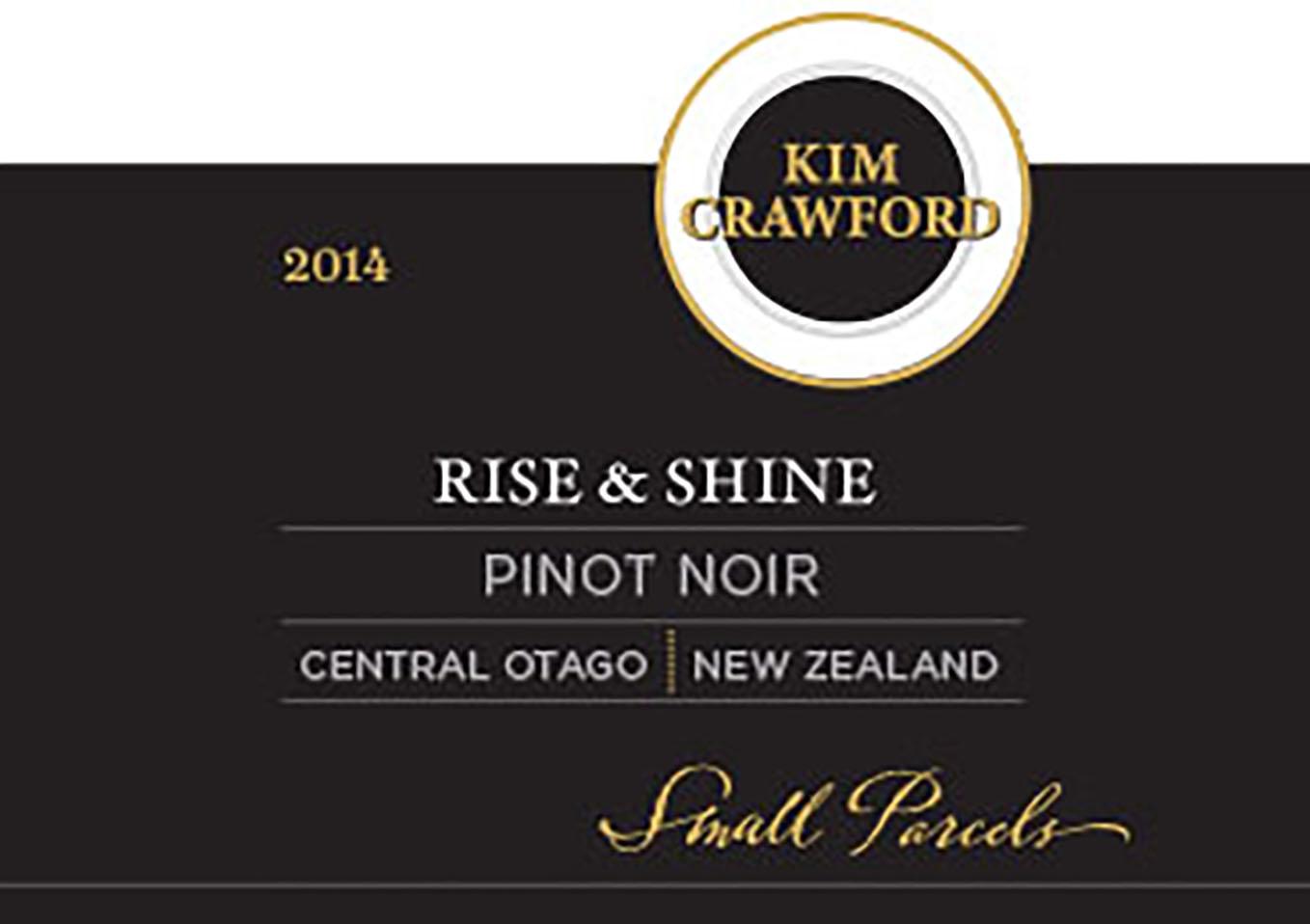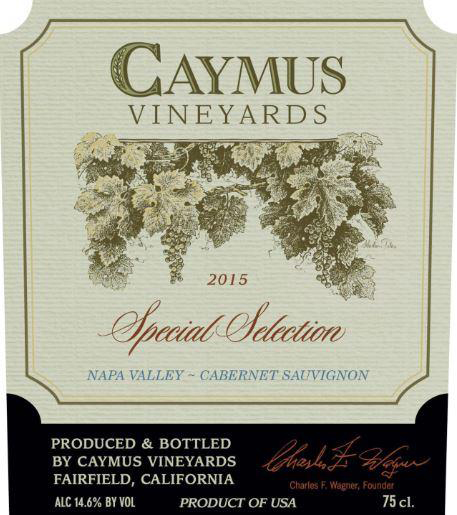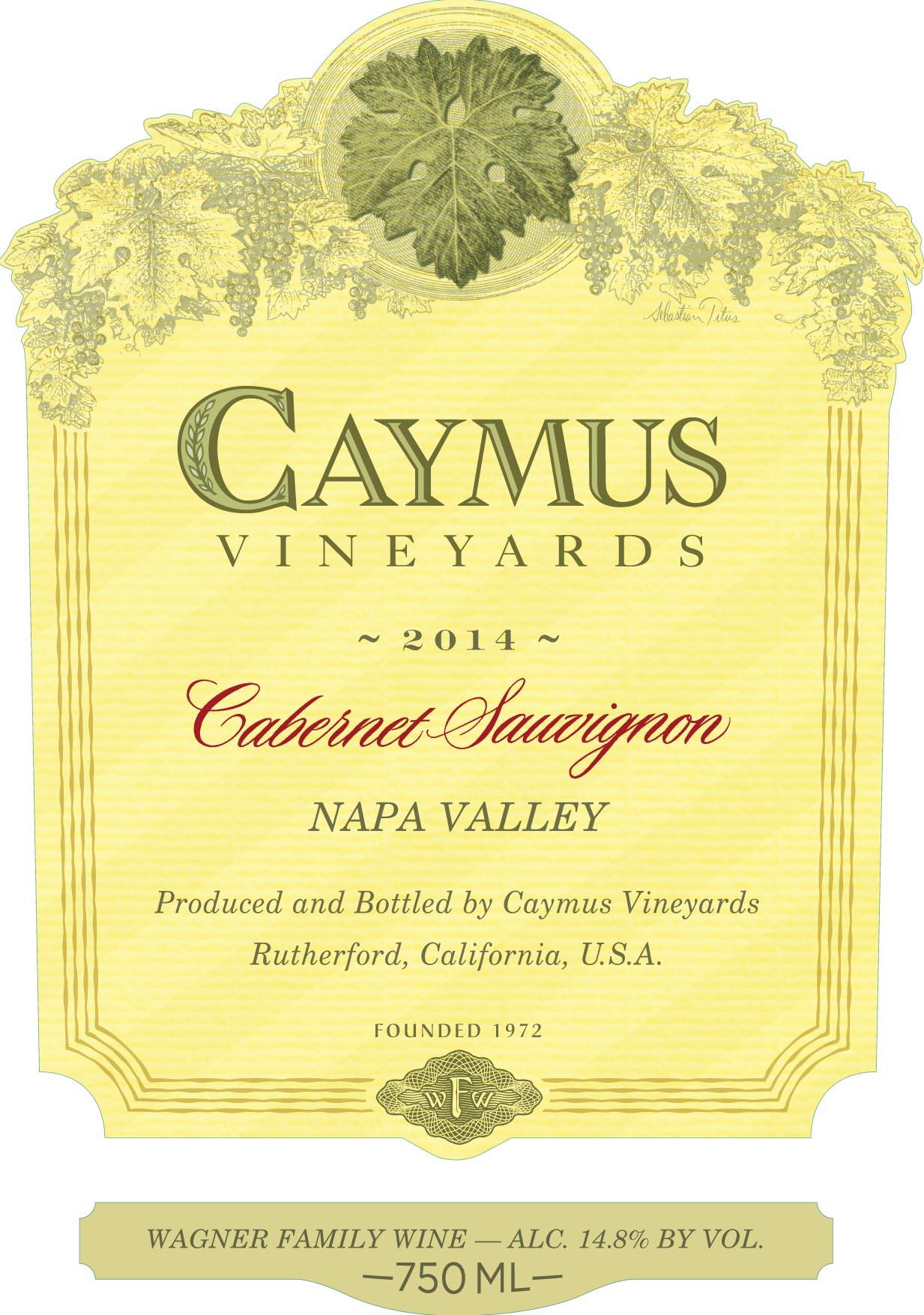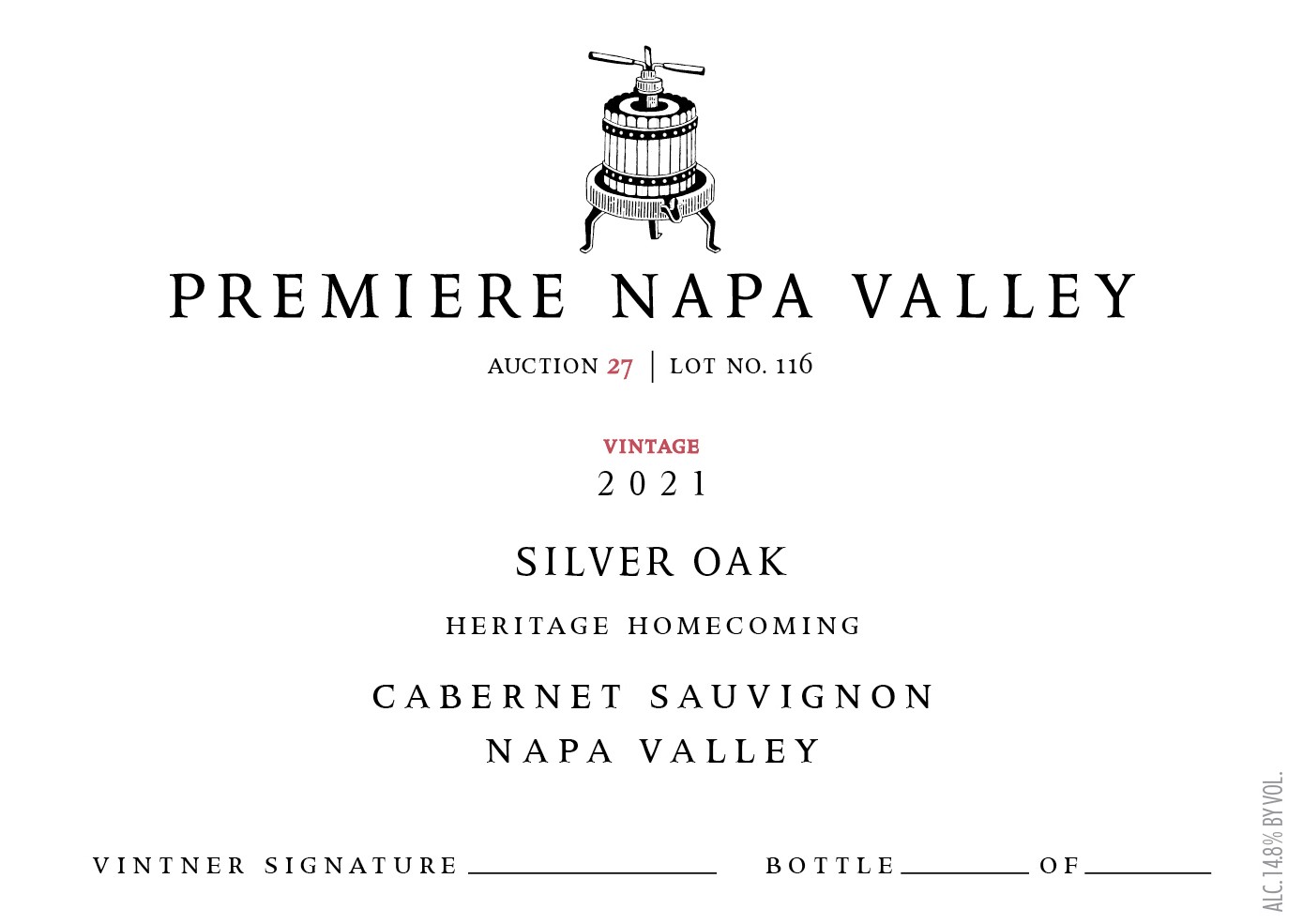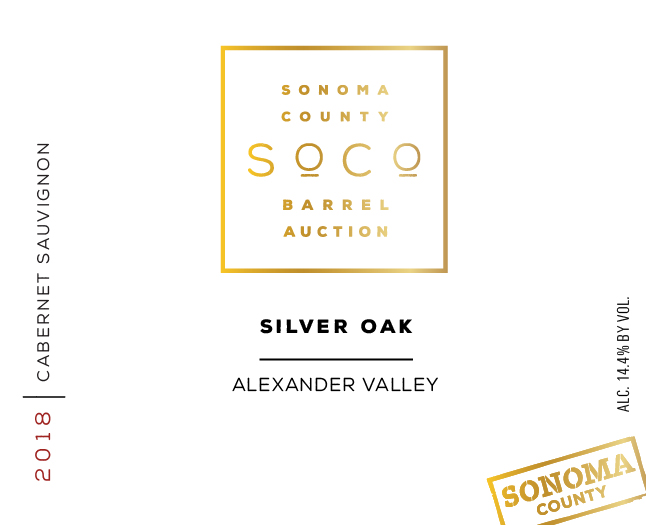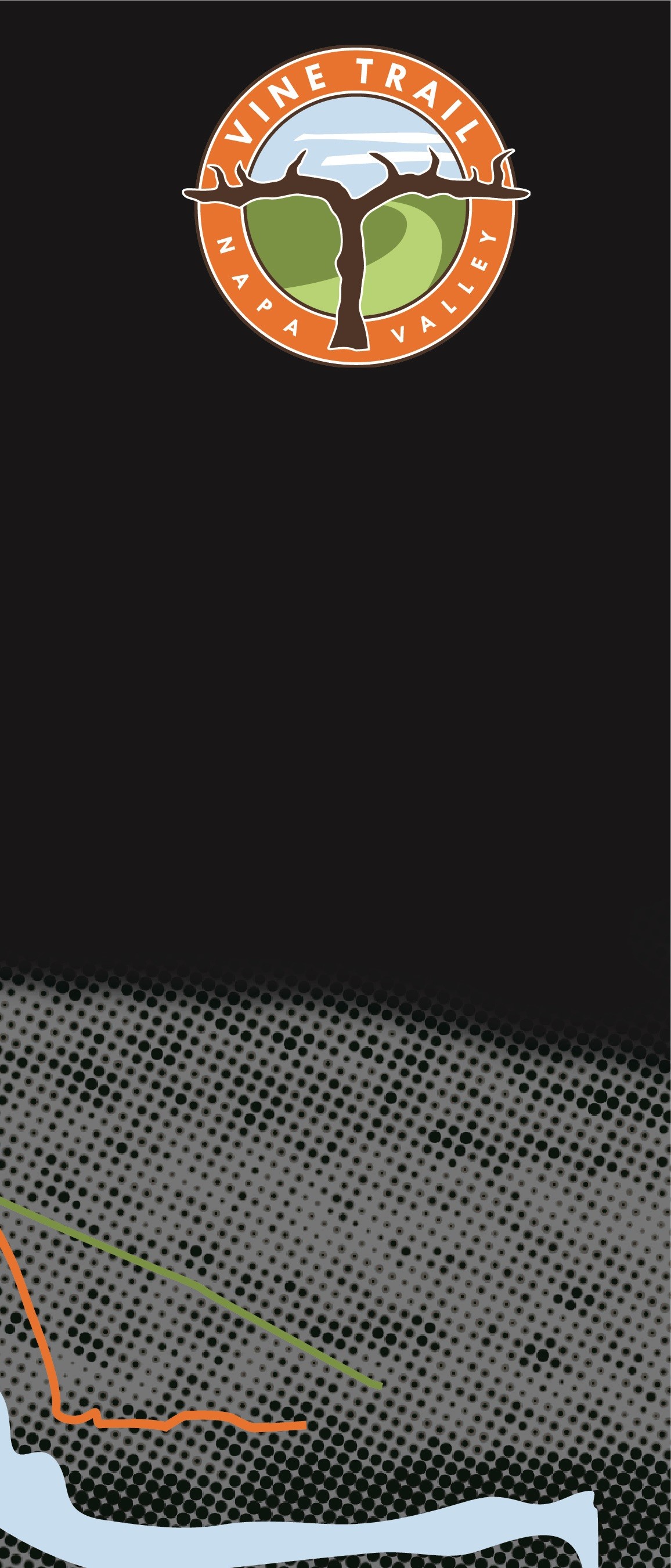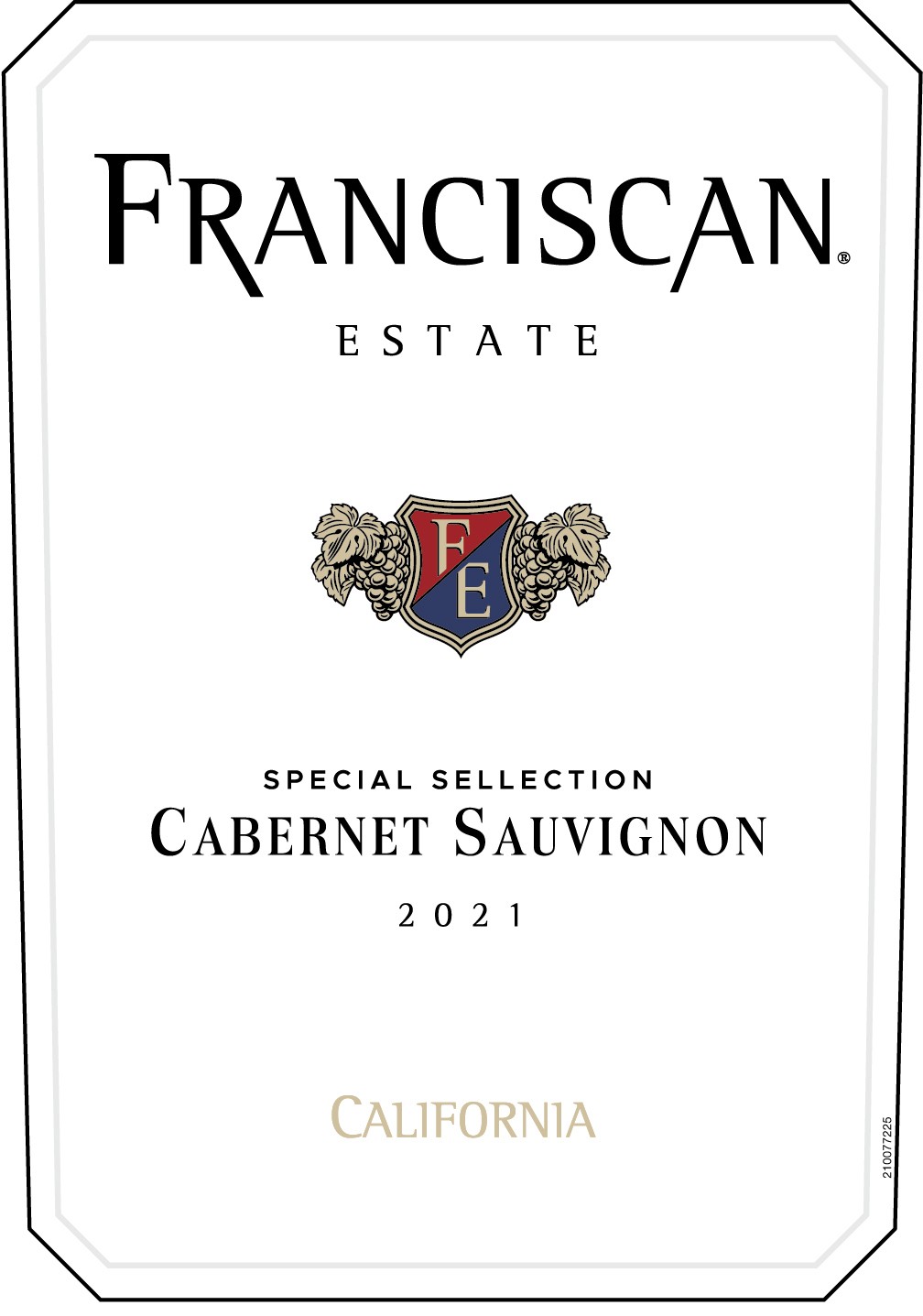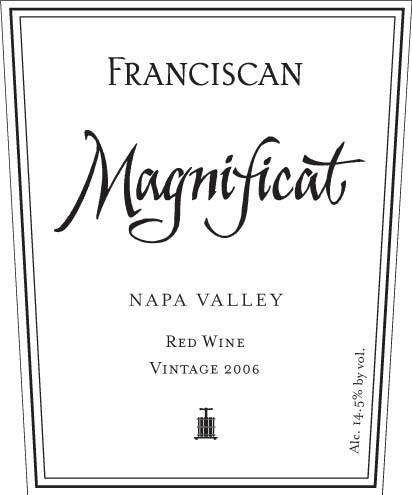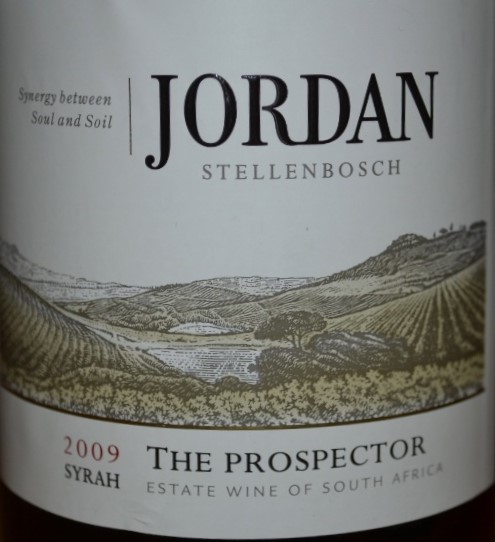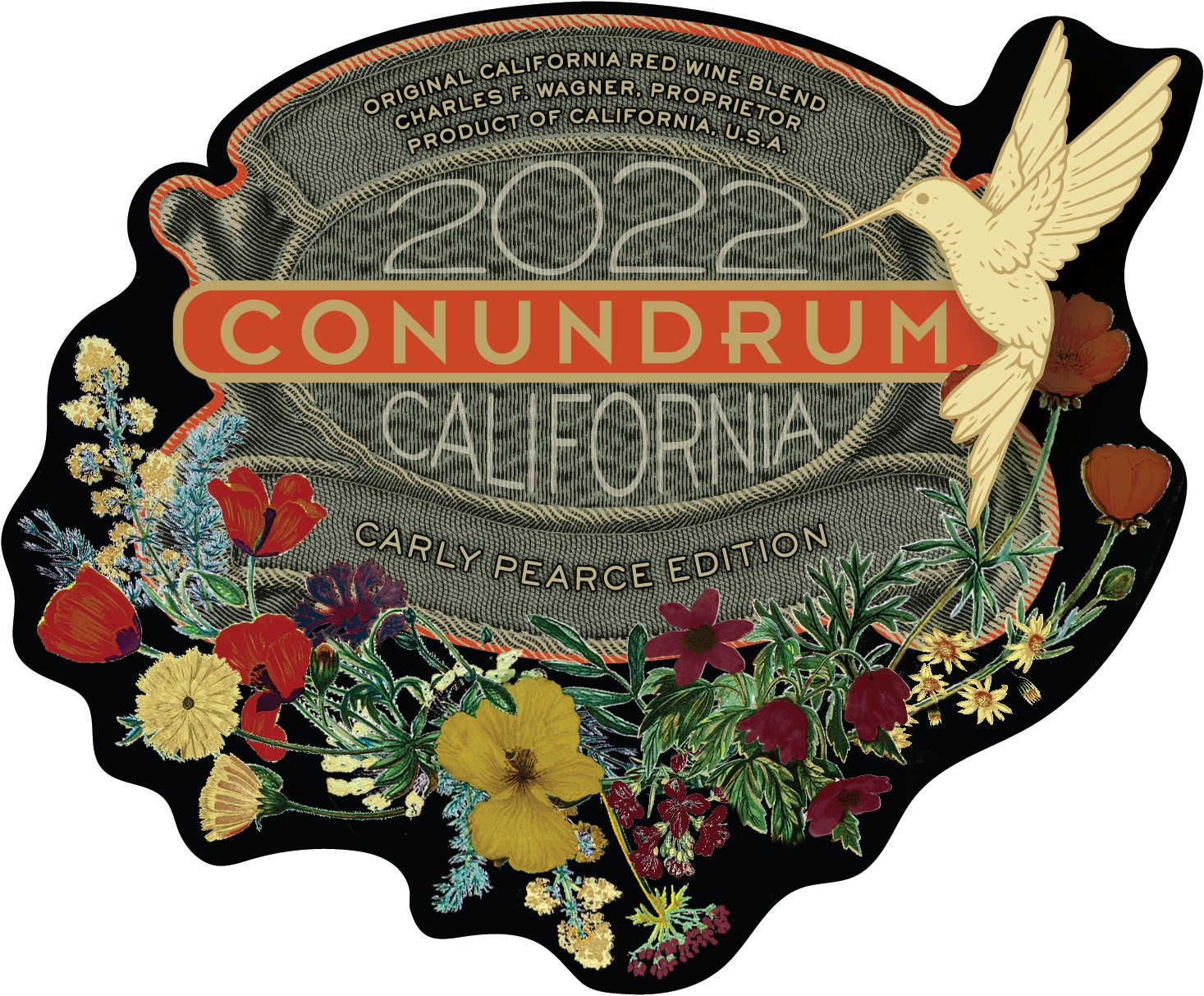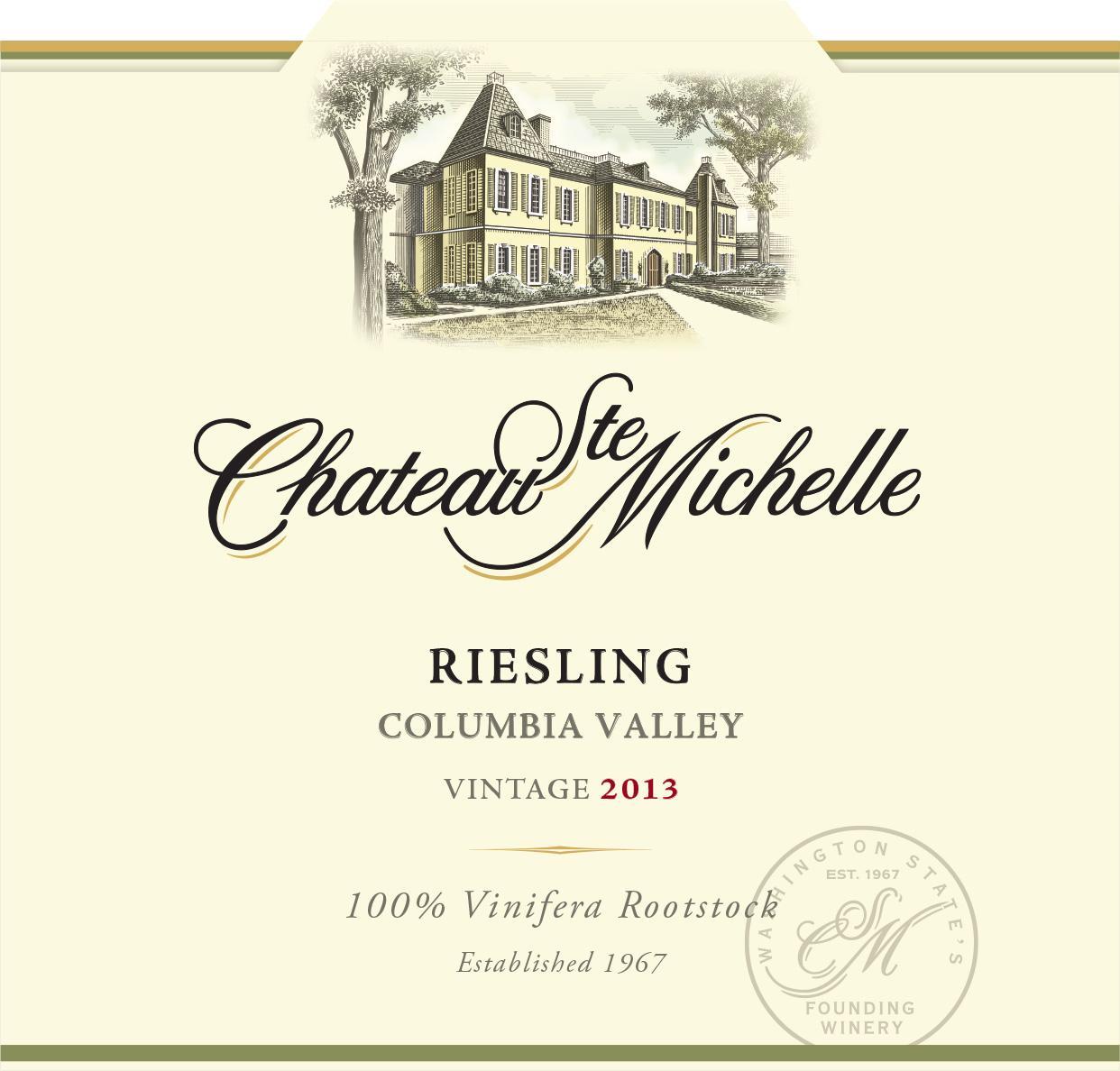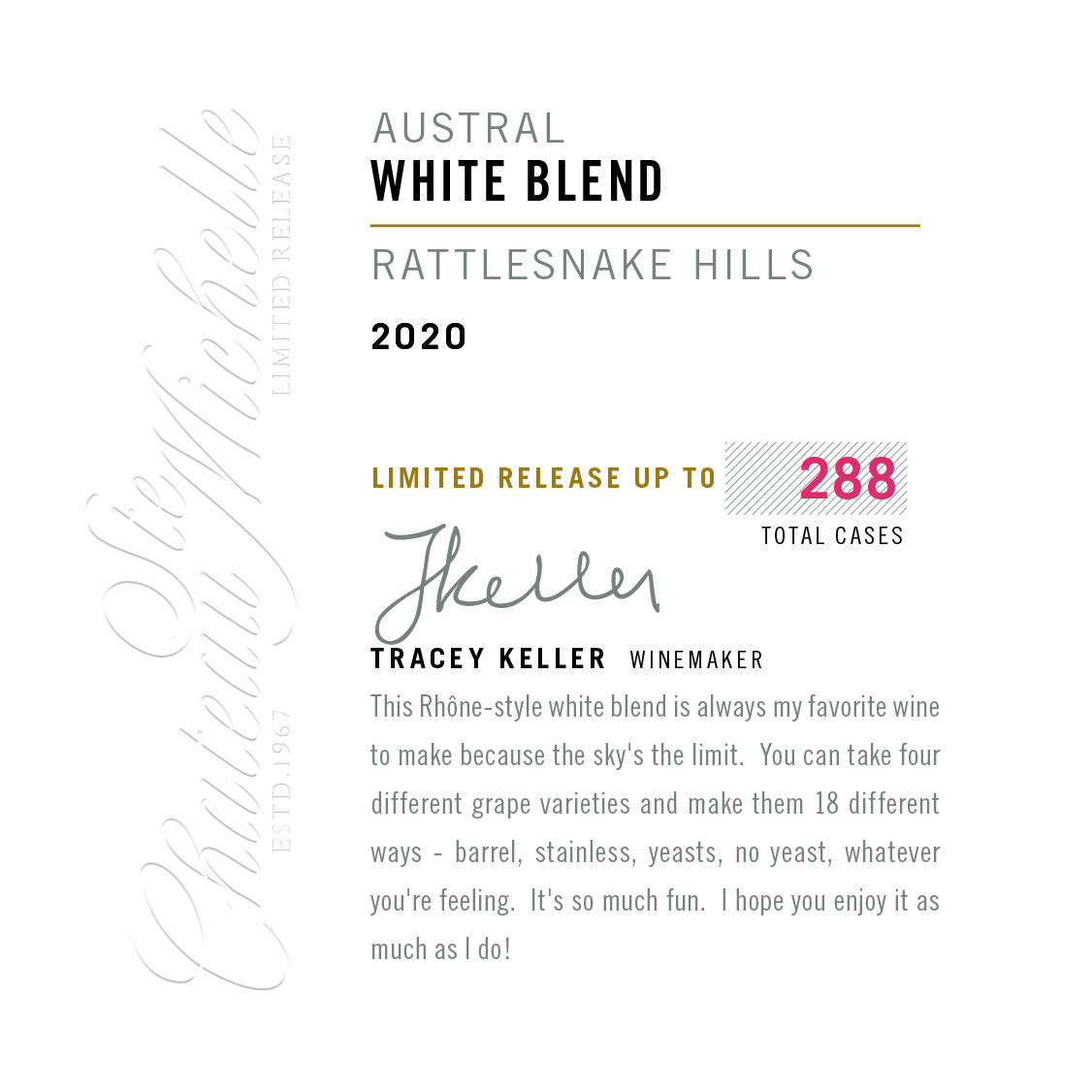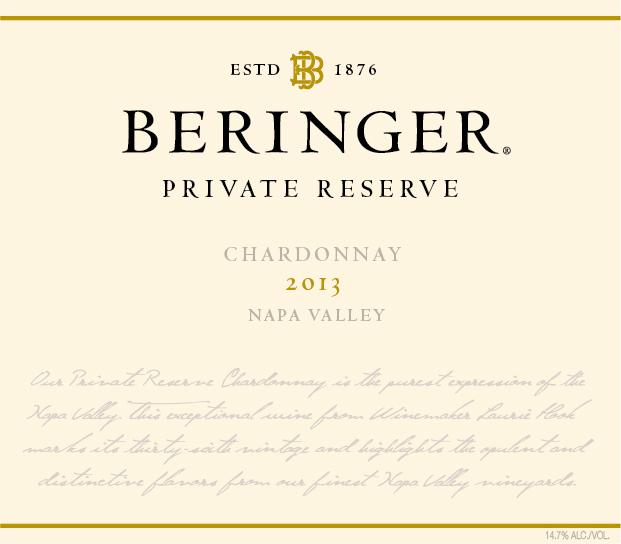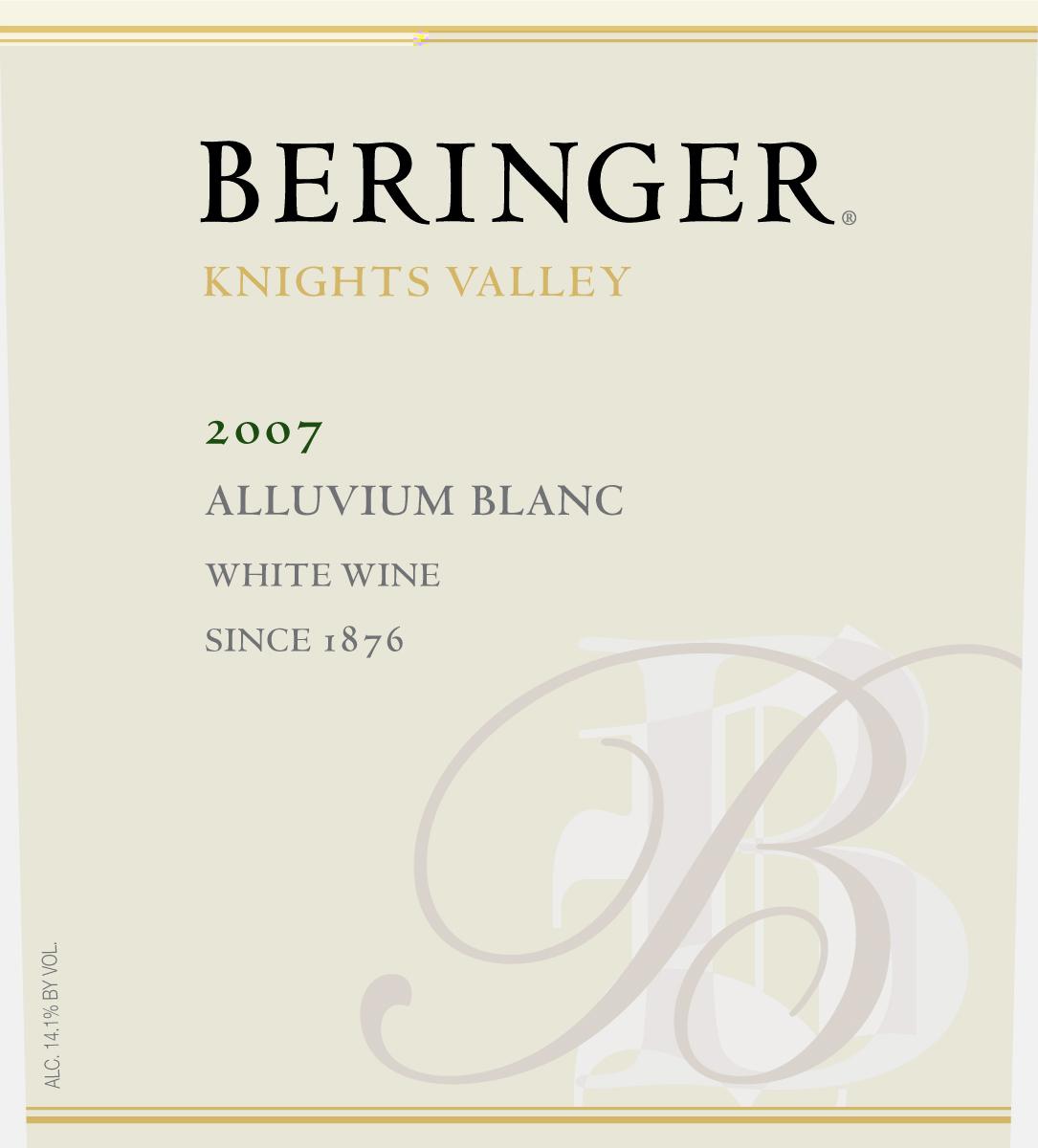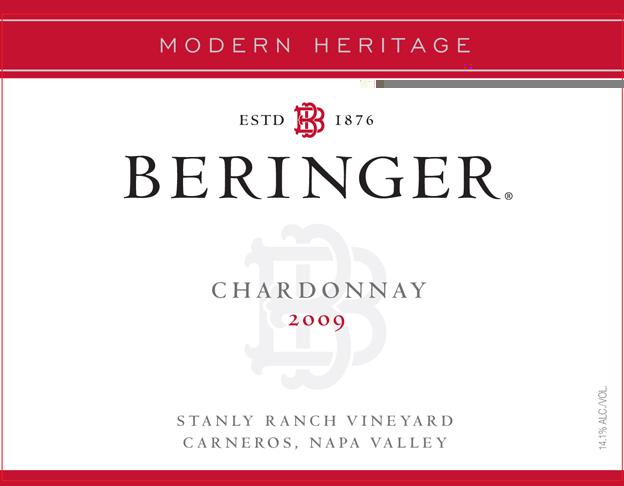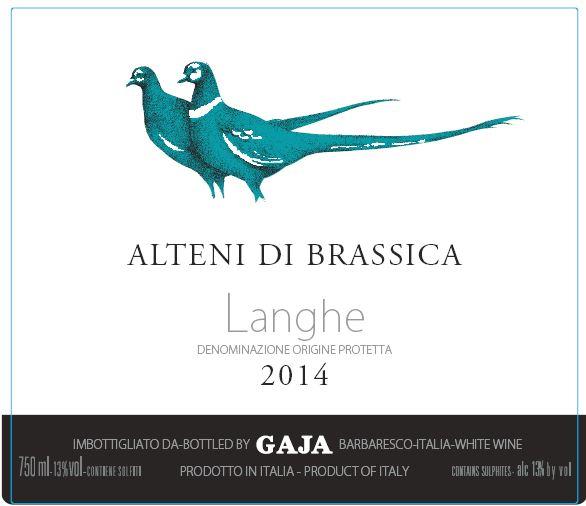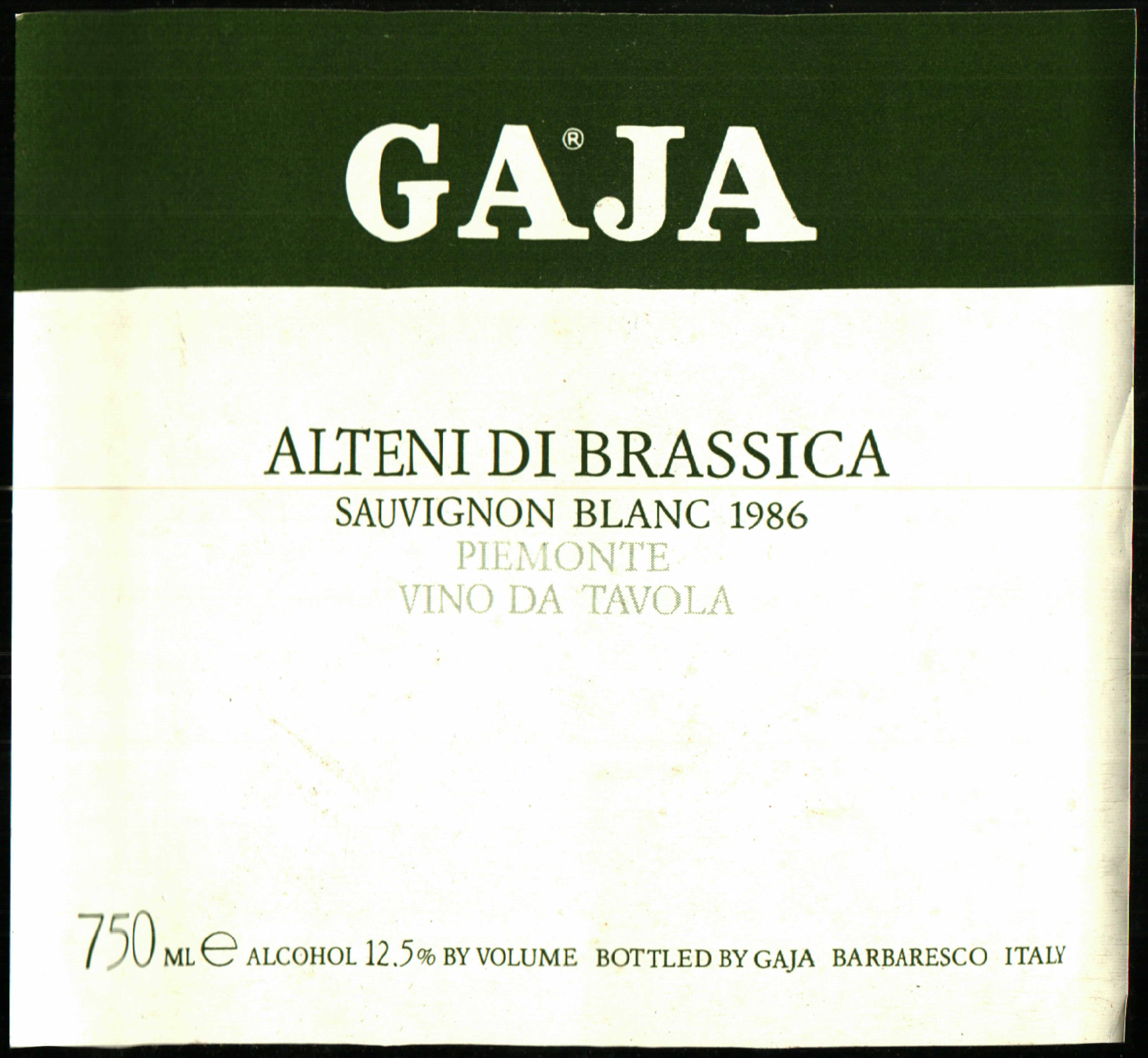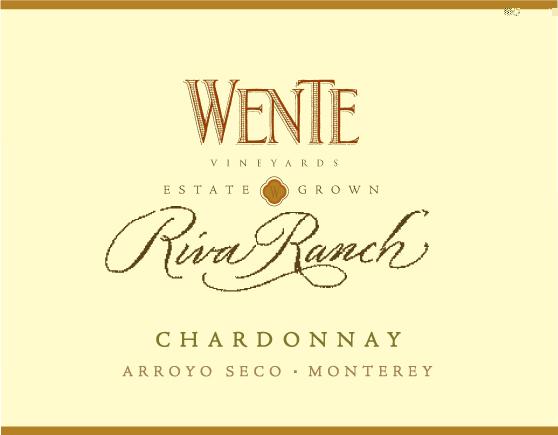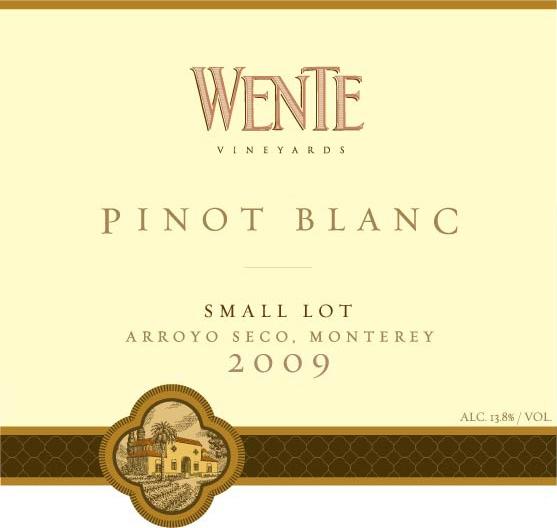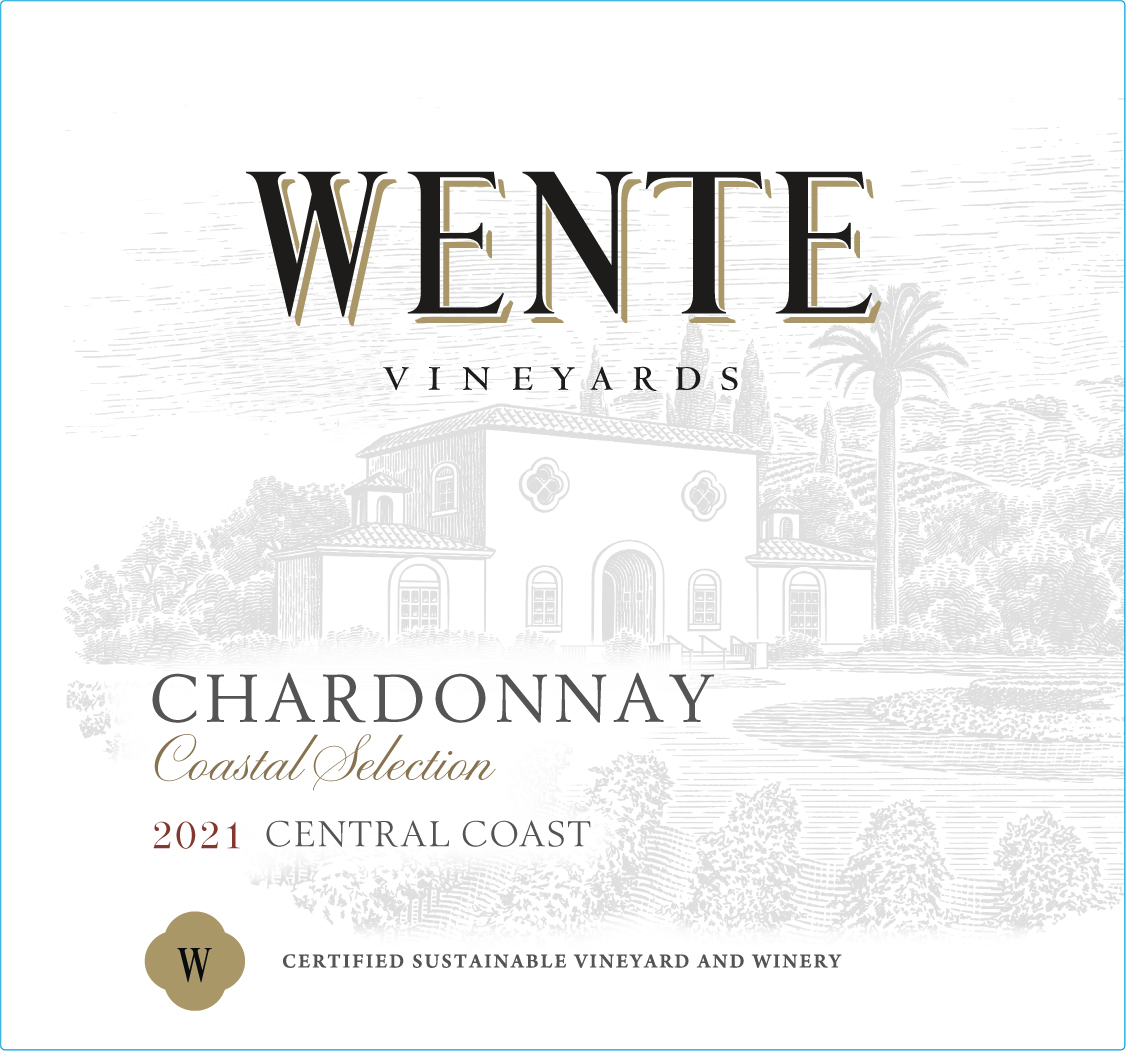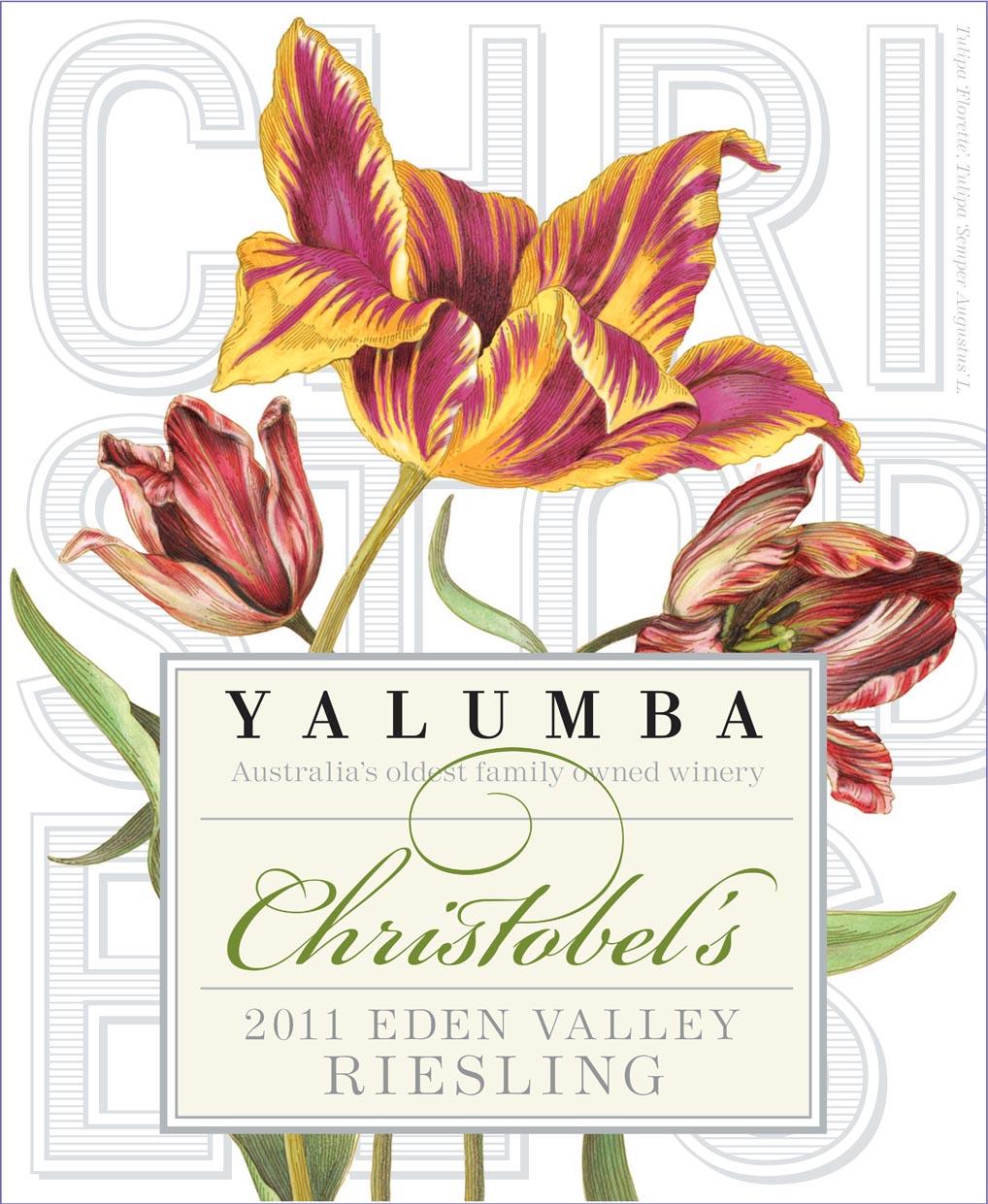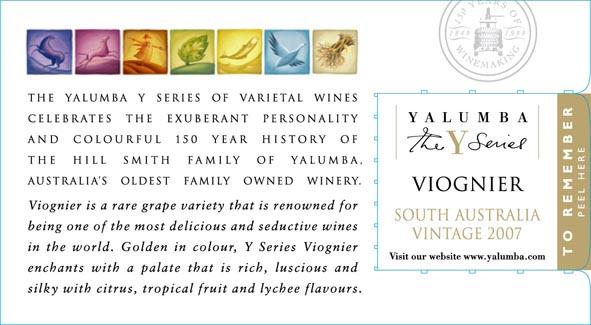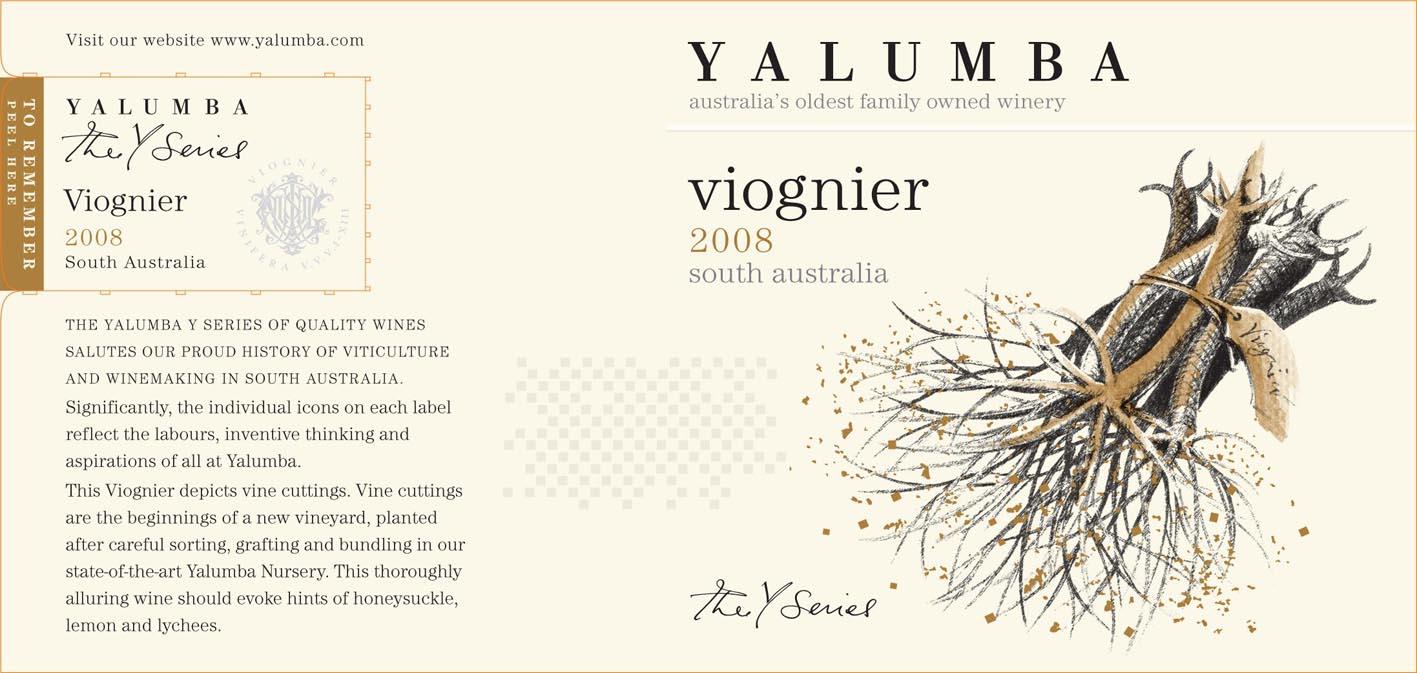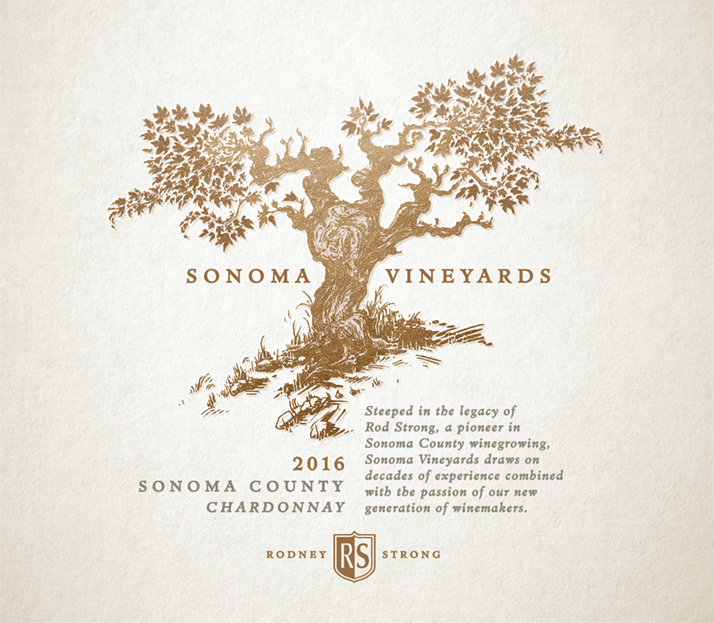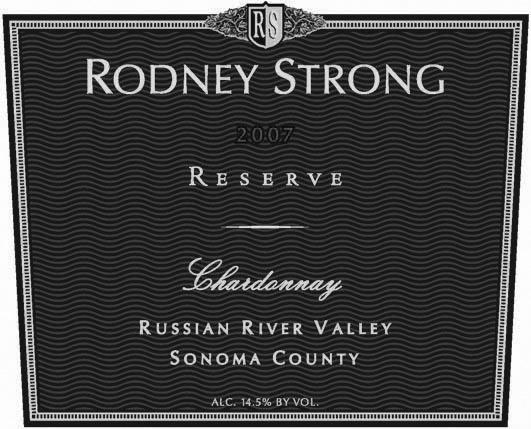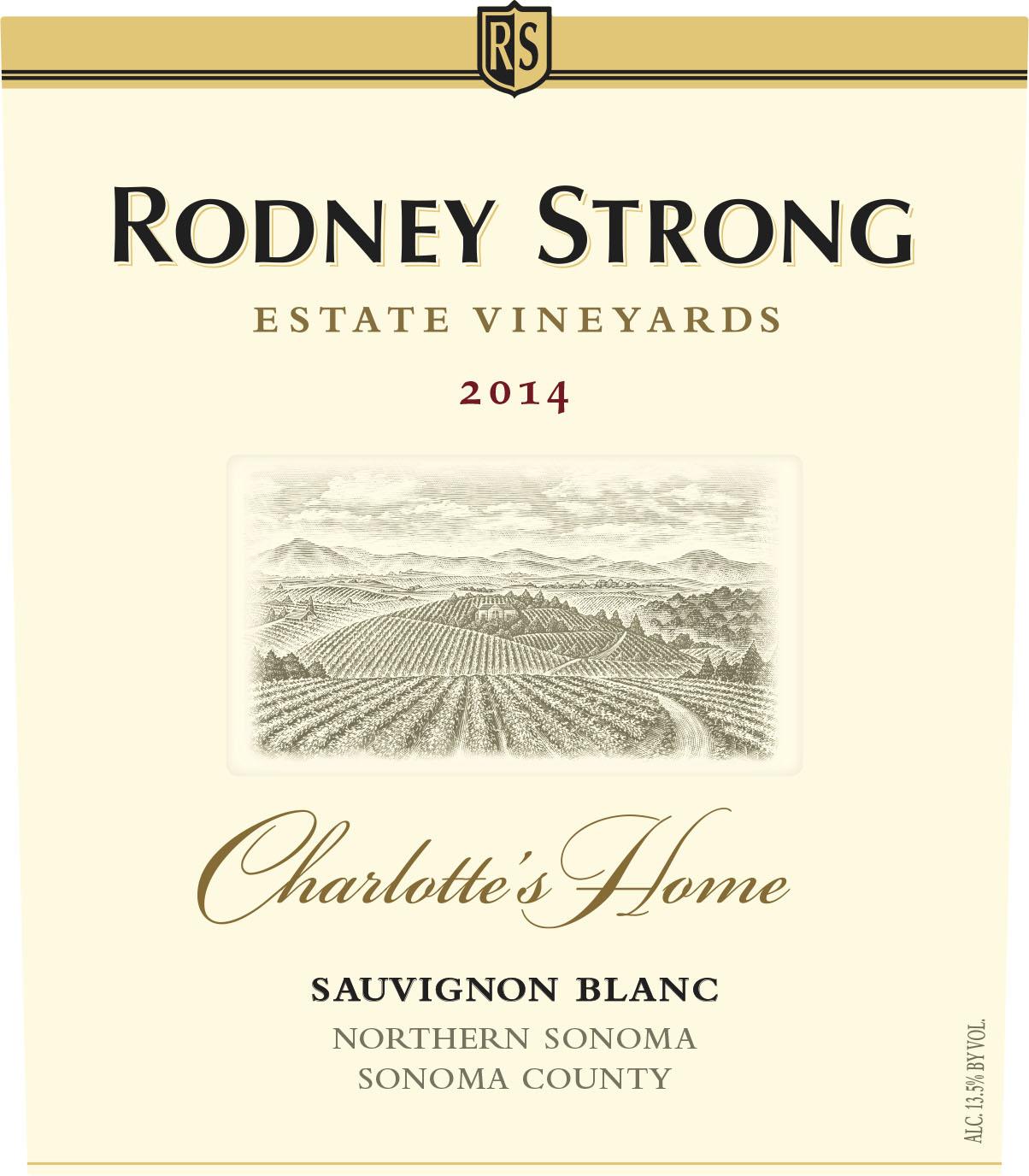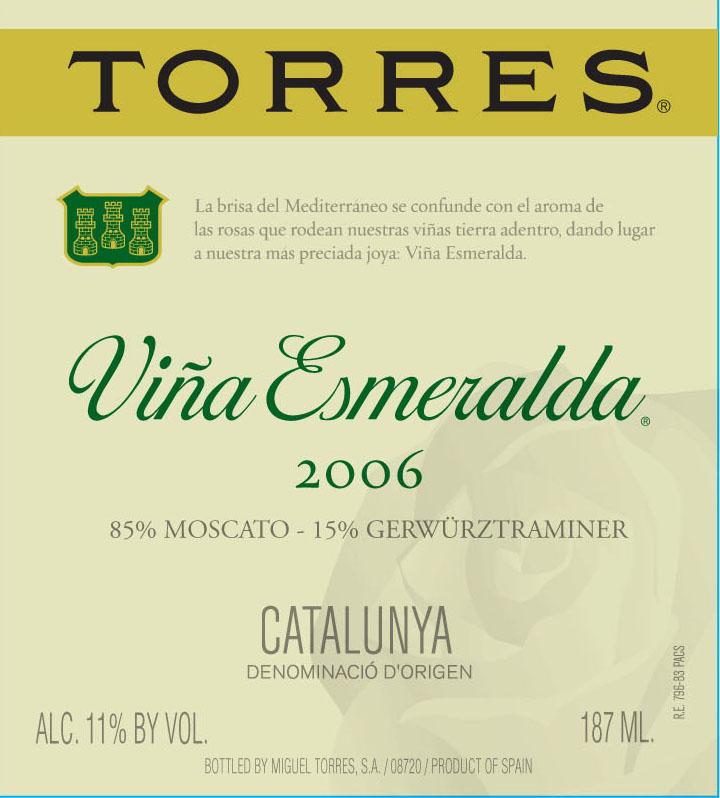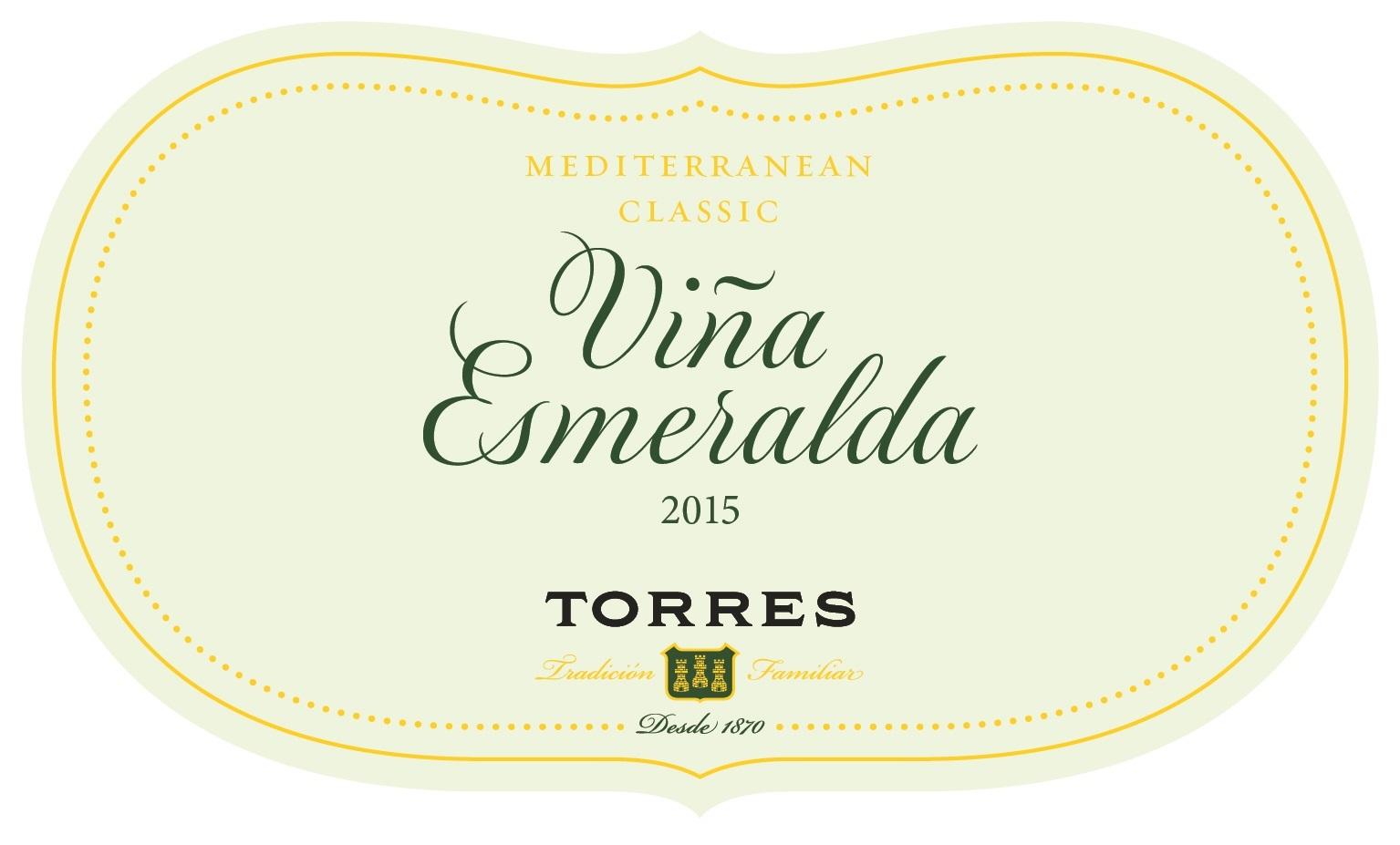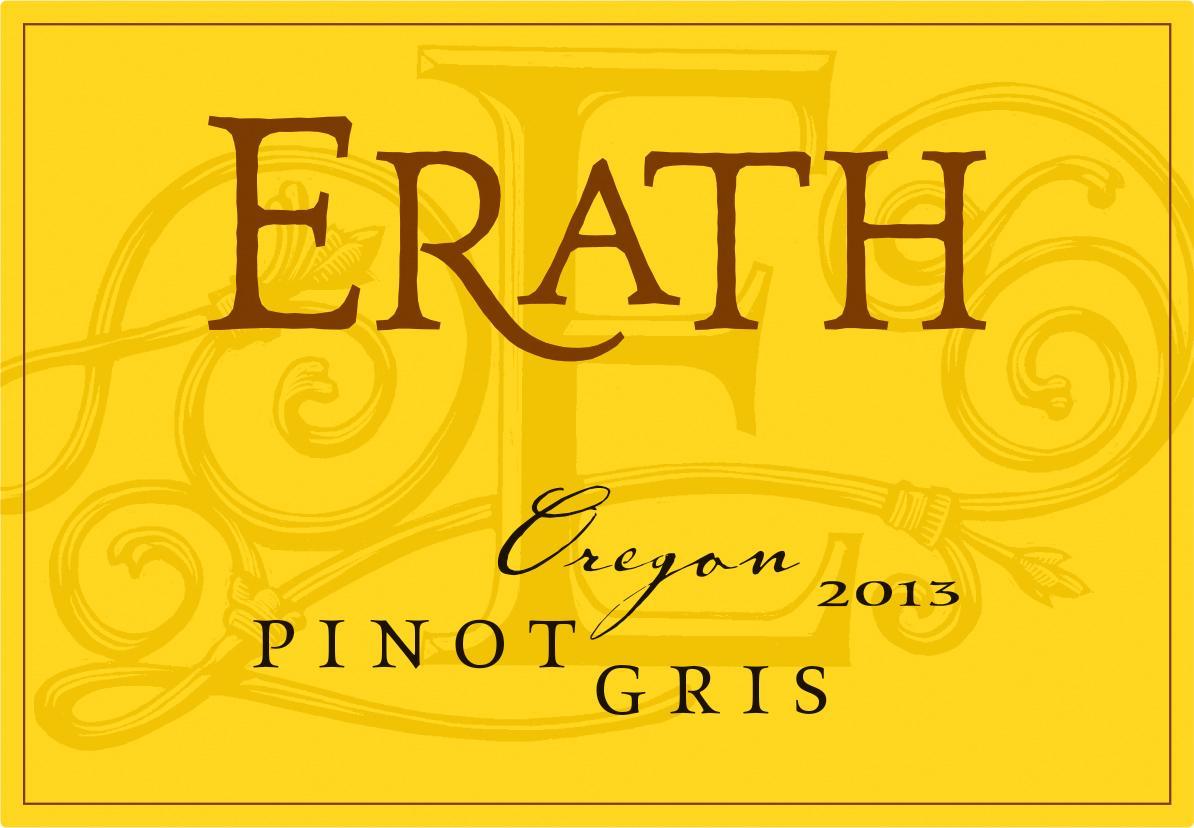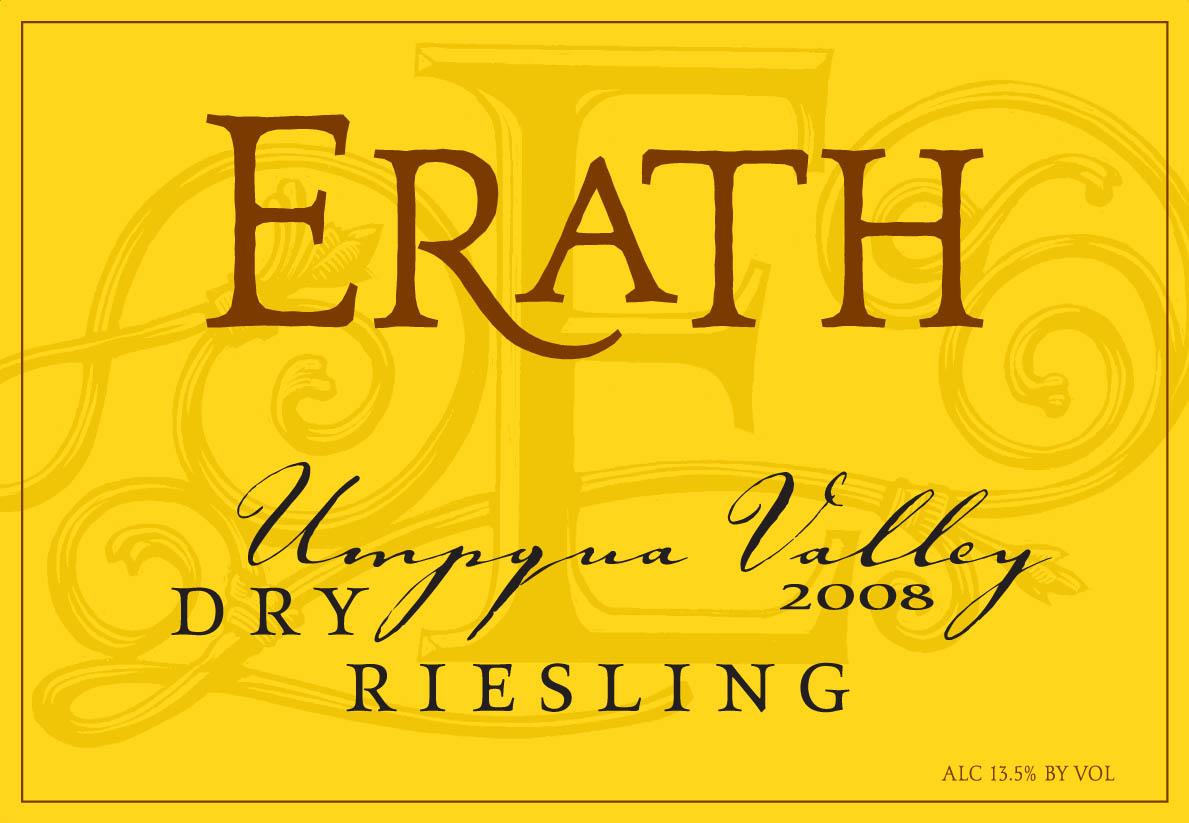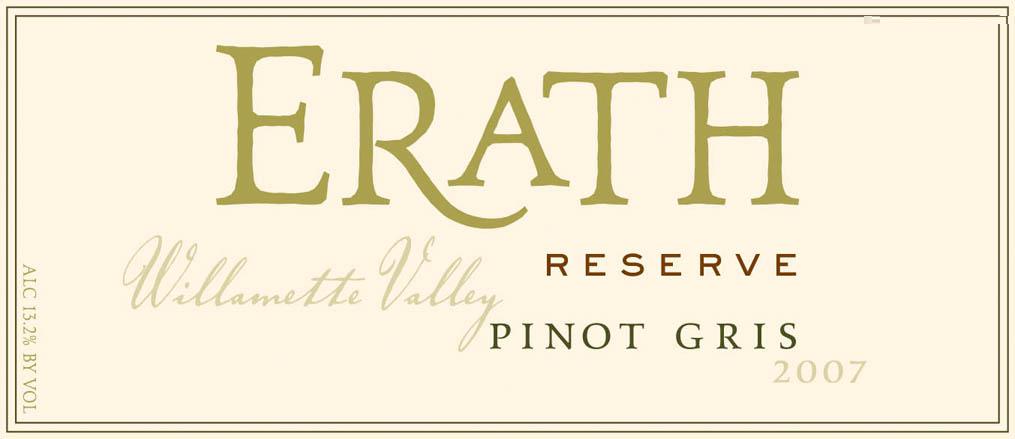Terroir of Pays d’Oc
Pays d’Oc has a rich terroir shaped by diverse soils and landscapes, divided into three areas.
The Maritime Plains, with sandy and silty soils over limestone, enjoy lots of sunshine and sea breezes, producing ripe wines.
The Rolling Hills have clay-limestone and schist soils, where warm days and cooler nights help make robust reds and textured whites.
These soils retain moisture, balancing the wine's acidity.
In the High-Altitude Foothills of the Cévennes and Pyrenees, vineyards up to 700 meters high experience cooler nights and unpredictable weather.
Granitic and limestone soils here contribute to wines with vibrant aromas and higher acidity due to big temperature shifts.
The Mediterranean climate, with long, hot summers and mild, wetter winters, provides about 2,600 hours of sunshine each year.
Sea breezes and winds like the Tramontane and Mistral cool the vineyards, enhancing the wines' freshness and complexity.
Notable Wineries in Pays d’Oc
In the heart of Languedoc, the Pays d’Oc region is home to a selection of remarkable wineries that celebrate the diversity and vibrancy of southern France’s wine culture.
Among them, Domaine Paul Mas in Pézenas stands out for its wide array of Pays d’Oc varietal wines.
Known for its modern techniques, the winery crafts a range of popular wines such as Chardonnay, Rosé, Merlot, and Cabernet, appealing to palates around the globe.
Its commitment to quality and innovation has made Domaine Paul Mas a symbol of the region's rich winemaking tradition.
This dedication is evident in their wines, which embody the sunny charm and Mediterranean influences of their terroir, offering a true taste of the Pays d’Oc's unique character.
Sustainable Winemaking in Pays d’Oc
The Pays d’Oc region is embracing sustainability with a focus on eco-friendly wine production. Many vineyards are turning to organic certification or aligning with eco-labels like HVE, Terra Vitis, and AB. These practices include using cover crops and promoting biodiversity while managing pests in an integrated way.
The region's warm, dry climate reduces disease risks, allowing for smart water management through drip irrigation and soil moisture conservation techniques, such as mulching. Wineries are also investing in renewable energy, with solar panels becoming common and waste being minimized by recycling byproducts like grape pomace.
Efforts to reduce resource use include gravity-flow handling and native yeast fermentation. Additionally, choosing lighter glass and sustainable packaging reflects Pays d’Oc's commitment to environmental care, ensuring this sun-drenched region continues to produce vibrant wines with a focus on the future.
Wine Tourism in Pays d’Oc
Pays d’Oc is a prime destination for wine tourism, blending its rich cultural heritage with scenic vineyard landscapes.
Wine enthusiasts can delve into a variety of experiences, from guided tastings at local wineries to self-guided wine trails that weave through historic villages.
Many estates offer tastings paired with local delicacies like cheeses and charcuterie.
Events such as harvest festivals provide unique opportunities to savor new wines while enjoying regional music and cuisine.
Wine tours can be enriched with visits to nearby historical sites like Narbonne, an ancient Roman colony, and the picturesque Via Domitia.
Additionally, the Mediterranean coast offers a perfect backdrop for relaxation after engaging in vineyard activities.
Pays d’Oc's wine tourism not only highlights its diverse varietals but also its commitment to sustainability, ensuring that visitors enjoy a quintessential experience of southern France's wine culture.



